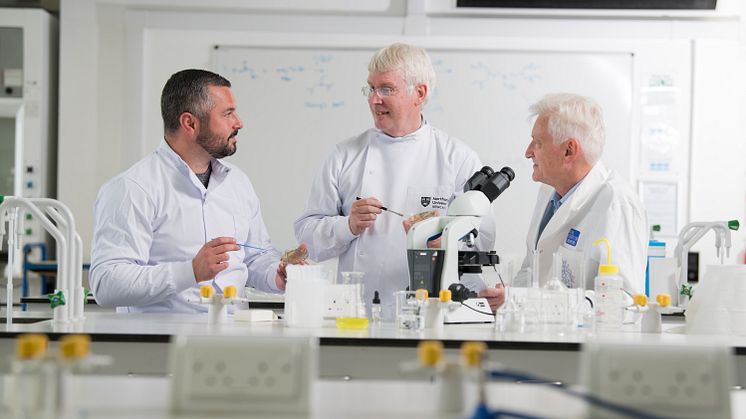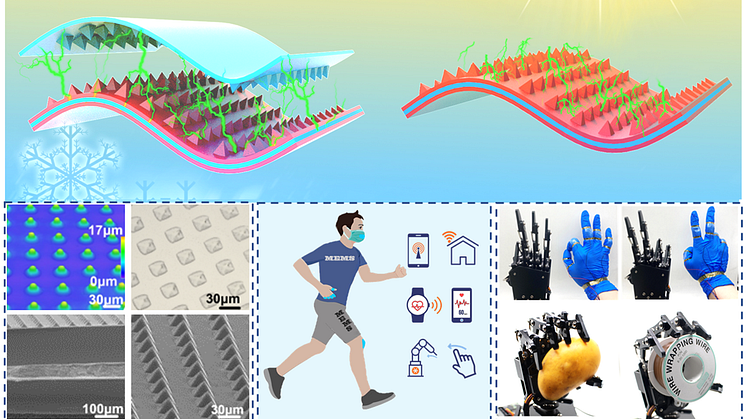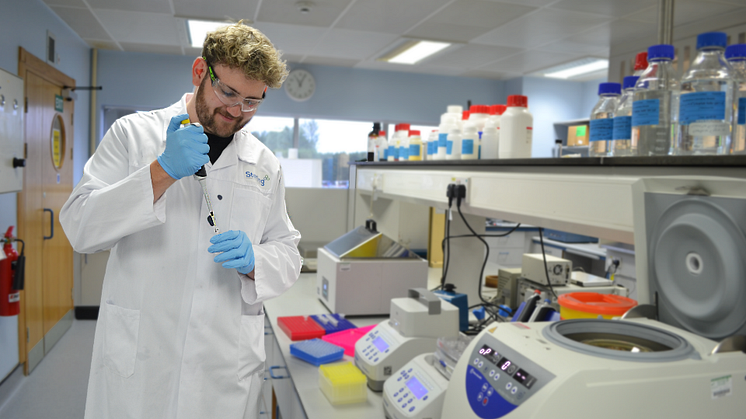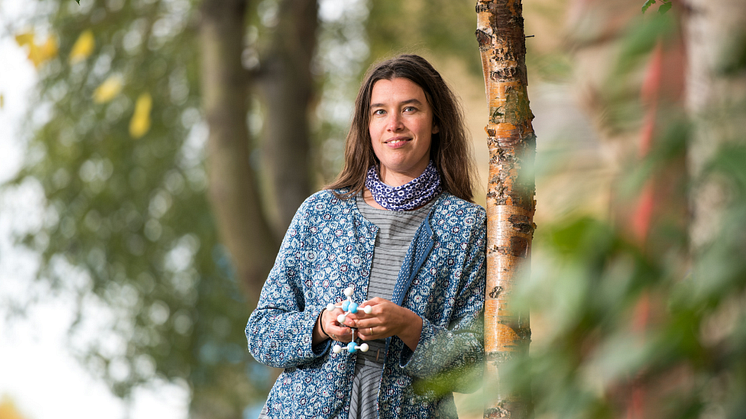Northumbria University contributes to sustainable development in Africa
Researchers at Northumbria University have been instrumental in the creation of a centre for innovation and entrepreneurship in a low-income area of Africa

Researchers at Northumbria University have been instrumental in the creation of a centre for innovation and entrepreneurship in a low-income area of Africa

A Northumbria University academic has won a prestigious award to study the role of the Anglican parish in shaping the development of modern conservationism and the science of natural history.

A team of scientists led by Northumbria University has won a Royal Society of Chemistry (RSC) award for improving global healthcare through the discovery of novel approaches for identifying bacteria.

Newly published research led by Northumbria University shows that, contrary to what is commonly believed, the venom of snakes and spiders is actually populated with microbes, including bacteria that could cause infection in people who have suffered a bite.

Results from the Research Excellence Framework (REF2021) show Northumbria University with the biggest rise in research power ranking of any UK university. Its research power ranking rose to 23rd, having previously risen to 50th in 2014 from 80th in 2008, making Northumbria the sector’s largest riser in research power ranking for the second time.

Harvesting energy from the day-to-day movements of the human body and turning it into useful electrical energy, is the focus of a new piece of research involving a Northumbria University Professor.

Tumble drying a load of laundry releases almost the same amount of potentially harmful microfibres into the air as those released down the drain during machine washing of the same load, finds new research from Northumbria University and Procter & Gamble.

Northumbria University has been named among 24 outstanding UK institutions to receive the first-ever Alan Turing Institute’s Network Development Award for research into data science and artificial intelligence (AI).

A Knowledge Transfer Partnership (KTP) project with partners Sterling Pharma Solutions and Northumbria University has been awarded the top grade of ‘Outstanding’ by Innovate UK’s independent assessors.

A recently discovered edible berry has the potential to improve the performance of endurance runners by a potentially game-changing 2%, according to new research at Northumbria University.
The Haskap berry (botanical name Lonicera caerulea) is an edible blue honeysuckle native to the boreal forests and low-lying wet regions of northern hemisphere countries including Canada, Japan and Russia. Th

New research from Northumbria University suggests a link between personality traits and the ability to experience the relaxing sensory phenomenon known as ASMR. The findings also show that it reduces anxiety in those who experience the sensation.

A new technology solution which will provide low-power systems for use in bionic eyes, has been jointly developed by academics from the Harbin Institute of Technology in China and Northumbria University.

A project which uses solar energy to turn sea water into clean, safe drinking water has been recognised for its contribution to future sustainability with a world-renowned Energy Globe Award.

Packed with the latest news, features and interviews, Northumbria University News is the perfect way to keep up to date with the exciting developments taking place across the University – with the latest edition available to read online now.

The UK Space Agency has awarded almost £650,000 to Northumbria University to continue world-leading work to develop the first commercially available laser-based inter-satellite communications system.

Research by Northumbria University which explores public perceptions around organ, tissue and body data has been transformed into an Augmented Reality art trail in Newcastle.

The world is facing an unprecedented energy challenge. While many countries around the world have committed to net-zero carbon emissions by 2050, we expect global energy for demand to double from today’s requirements within the same timescale. There is, therefore, an urgent need for sustainable solutions and technologies.

Following the growth of a new Covid-19 variant in the UK, Dr Matthew Bashton and Professor Darren Smith from Northumbria University's Department of Applied Sciences, explore the growth of the variant in various European nations and the need for further genomic surveillance of the coronavirus.

A new Collaborative Training Partnership (CTP), led by Procter & Gamble and including Northumbria University, has received funding as part of a £22.5m investment from the Biotechnology and Biological Sciences Research Council (BBSRC) to address skill gaps in the UK bioscience industry.

Weekly sessions with primary school-aged children can have a positive impact at challenging stereotypical views of scientists, according to new research from Northumbria University.
